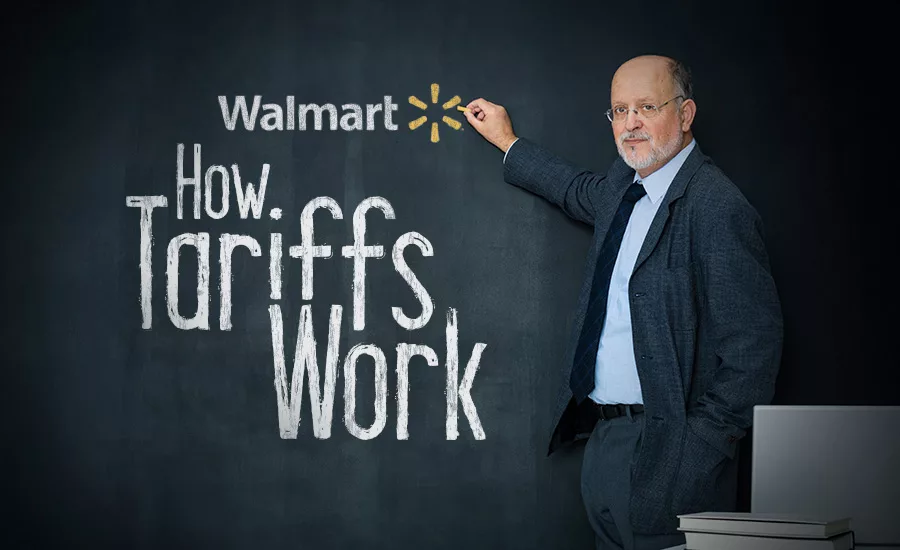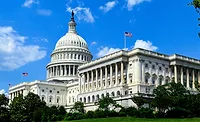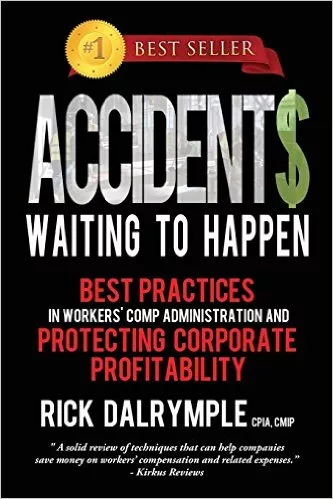Economic Outlook
Walmart’s Tariff Remarks Make Impact Clear, Raising Trump’s Ire
President slams retailer on his social media platform, demanding that it and China “eat the tariffs”

Walmart warned of imminent price hikes due to tariffs, highlighting the domestic impact on U.S. businesses and consumers, a fact many contractors never thought was in dispute but was long clouded by explanations from the White House.
— Chris Pirroni/Roofing Contractor | Elements: PepeLaguarda/E+ via Getty Images
Walmart’s blunt warning that “price hikes will start at the end of May” sent shockwaves through retail and trade circles, crystallizing for many Americans the hard truth that foreign exporters do not bear President Trump’s tariffs but by U.S. businesses — and ultimately consumers.
During its first-quarter earnings call on May 15, CFO John David Rainey told investors that Walmart “isn’t able to absorb all the pressure given the reality of narrow retail margins,” and would have to pass along tariff-driven cost increases to shoppers, as first reported by The Guardian.
The admission directly contradicted the White House narrative that “foreign countries eat the tariffs,” placing the spotlight squarely on how import duties ripple through the construction and roofing materials supply chain.
The Simple Truth on Tariffs
Tariffs function as border taxes assessed on imported goods, with U.S. importers responsible for remitting the duty to Customs and Border Protection at the time of entry.
Despite repeated claims by the administration that exporting firms “eat” the cost, the levy is collected from domestic importers.

For example, the Peterson Institute for International Economics, an independent nonprofit, nonpartisan research organization, explains that upon arrival at a U.S. port, an immediate $125 surcharge is applied for every ton of galvanized steel panels priced at $500 under a 25 percent tariff.
That $125 becomes an unrecoverable expense unless the importer raises its selling price — and that increase cascades through distributors, suppliers and, finally, into project bids for commercial and residential roofing clients.
Analysis from the PIIE found that President Trump’s tariffs on Canada, Mexico and China are costing the typical U.S. household more than $1,200 annually — a tax hike that dwarfs many small-business margins.
Importers, aiming to maintain profits, increase per-unit costs for domestic distributors. Subsequently, distributors raise their prices for material suppliers, whose bids to contractors incorporate these higher input costs.
Contractors must choose between absorbing margin pressure or incorporating surcharges into quotes — decisions that carry through to consumers and end users.
Walmart’s public acknowledgement of pending price increases forced a candid correction from the Treasury Department.
Two days after Rainey’s remarks, the Associated Press reported that Treasury Secretary Scott Bessent had “spoken with Walmart CEO Doug McMillon” and that the retail giant would “eat some of the tariffs,” conceding that consumers have already been feeling the pain since late April.
The Treasury’s admission marked a significant shift: duties intended as a bargaining tool are now incontrovertibly inflating consumer costs.
RELATED
Trade War Fallout: Contractors Are Delaying Projects and Cutting Crews
 In a Truth Social post on May 17, Trump wrote, "Walmart should STOP trying to blame Tariffs as the reason for raising prices throughout the chain. Walmart made BILLIONS OF DOLLARS last year, far more than expected. Between Walmart and China they should, as is said, 'EAT THE TARIFFS,' and not charge valued customers ANYTHING. I'll be watching, and so will your customers!!!"
In a Truth Social post on May 17, Trump wrote, "Walmart should STOP trying to blame Tariffs as the reason for raising prices throughout the chain. Walmart made BILLIONS OF DOLLARS last year, far more than expected. Between Walmart and China they should, as is said, 'EAT THE TARIFFS,' and not charge valued customers ANYTHING. I'll be watching, and so will your customers!!!"
Just a day later, on May 16, Reuters first reported that Moody’s Investors Service downgraded the United States’ long-term sovereign credit rating from Aaa to Aa1 — the first cut in more than a century — citing the nation’s $36 trillion debt load and large annual deficits.
In its formal statement, Moody’s warned that “successive U.S. administrations and Congress have failed to agree on measures to reverse the trend of large annual fiscal deficits and growing interest costs,” a dynamic they said could push borrowing rates higher over time.
The move rattled global markets: U.S. Treasury yields surged to multi-month highs, and stock futures slipped as investors recalibrated risk.
Higher Treasury yields typically translate into steeper commercial lending rates, squeezing roofing contractors who finance equipment or rely on lines of credit for project cash flow.
Material suppliers carrying inventory face greater financing expenses, prompting tighter payment terms or increased minimum‐order thresholds.
Barron's explained that when combined with tariff-driven material cost hikes, these funding pressures pose a double-whammy for the construction sector, potentially dampening project demand as end users balk at higher bids.
Amid the economic crosscurrents, public sentiment on the president’s handling of the economy shows mixed signals.
A May 13 Reuters/Ipsos poll found that Trump’s approval on economic management ticked up to 39 percent, up from 36 percent in late April, following the announcement of reduced Chinese tariffs.
Yet, broader polling by Reuters from late April showed that just 37 percent of respondents approved of his stewardship, 75 percent worried a recession was looming, and 59 percent blamed the president if one materialized.
The takeaway is unambiguous for professional roofing contractors, construction-material suppliers, and a growing swath of the American public: tariffs are a domestic cost driver, not an abstract policy tool.
To mitigate volatility, industry professionals have advised businesses to revisit supply agreements to include tariff-adjustment clauses, explore nearshoring or diversified sourcing strategies, and consider hedging both commodity price and interest-rate risks.
Transparent communication with clients about the drivers of price changes can also preserve trust in a margin-squeezed market.
As Trump’s tariffs reshape supply-chain economics and Moody’s downgrade tightens financing conditions, the era of cheap imported materials may be over.
Looking for a reprint of this article?
From high-res PDFs to custom plaques, order your copy today!








